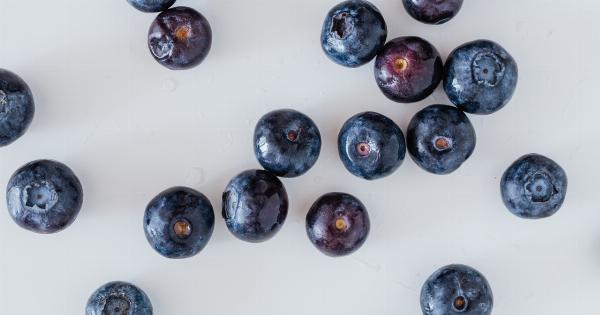Seeds are a nutritional powerhouse, packed with essential vitamins, minerals, and healthy fats. They are not only great for snacking but can also be easily incorporated into your everyday meals.
Adding a variety of seeds to your diet can provide numerous health benefits, including improved digestion, heart health, and a stronger immune system. Let’s explore 10 types of seeds you should be eating regularly to boost your overall well-being.
1. Chia Seeds
Rich in omega-3 fatty acids, fiber, and antioxidants, chia seeds are a great addition to your diet. They can help regulate blood sugar levels, aid digestion, and promote healthy skin.
Adding chia seeds to your morning smoothie or sprinkling them over yogurt and salads can provide a nutritious boost.
2. Flaxseeds
With their high content of omega-3 fatty acids and lignans, flaxseeds are known for their anti-inflammatory properties. These tiny seeds can help lower cholesterol levels, support brain health, and promote hormonal balance.
Incorporate ground flaxseeds into your baked goods, cereals, or smoothies for a healthy touch.
3. Pumpkin Seeds
Pumpkin seeds are a rich source of magnesium, zinc, and antioxidants. They can help improve sleep quality, support prostate health, and boost the immune system.
Enjoy roasted pumpkin seeds as a snack or sprinkle them over salads and soups to add a delightful crunch and nutty flavor.
4. Sunflower Seeds
Loaded with vitamin E, selenium, and phytosterols, sunflower seeds offer great health benefits. They can help lower cholesterol, support a healthy heart, and boost brain function.
Snack on raw or roasted sunflower seeds, or add them to your homemade granola and trail mixes for an energy-packed treat.
5. Sesame Seeds
Sesame seeds are a rich source of calcium, iron, and vitamin B6. They are known for their ability to support bone health, enhance nutrient absorption, and promote healthy skin and hair.
Sprinkle sesame seeds over stir-fries, salads, or use them as a topping for bread and rolls to enjoy their nutty flavor.
6. Hemp Seeds
Hemp seeds are packed with complete protein, omega-3 and omega-6 fatty acids, and fiber. They can help reduce inflammation, support heart health, and aid in muscle recovery.
Add hemp seeds to smoothies, sprinkle them over oatmeal, or use them as a topping for avocado toast to benefit from their nutritional value.
7. Quinoa Seeds
Although commonly mistaken as a grain, quinoa is actually a seed. It is a complete protein source, containing all essential amino acids. Quinoa is gluten-free and rich in fiber, iron, and magnesium.
Use quinoa in salads, stir-fries, or as a base for nutritious bowls to enjoy its versatility and health benefits.
8. Pomegranate Seeds
Pomegranate seeds not only provide a burst of juicy sweetness but are also rich in antioxidants, vitamins C and K, and fiber. They can help improve memory, support gut health, and boost the immune system.
Add pomegranate seeds to salads, yogurt, or enjoy them as a refreshing snack on their own.
9. Safflower Seeds
Safflower seeds are a rich source of healthy fats and antioxidants. They can help lower cholesterol levels, support weight loss, and improve hair and skin health.
They are commonly used to extract safflower oil, a healthy alternative for cooking and dressing. Snack on safflower seeds or use the oil in your culinary creations.
10. Poppy Seeds
Poppy seeds are known for their unique flavor and crunchy texture. They are a rich source of minerals like calcium, iron, and zinc. Poppy seeds can help improve digestion, support bone health, and promote restful sleep.
Use poppy seeds in baking, salad dressings, or sprinkle them over roasted vegetables to enhance the taste and nutritional value.






























